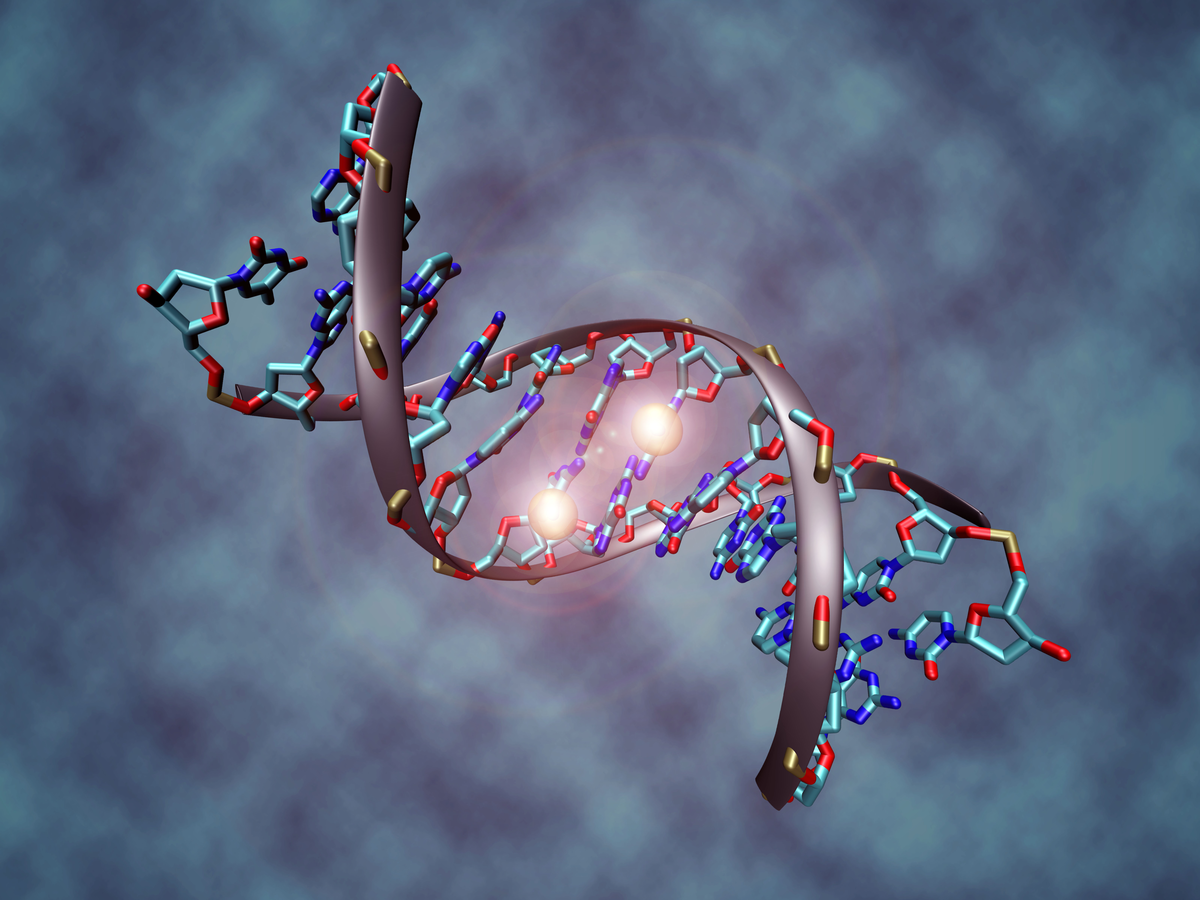6. Influence of DNA methylation
DNA of prokaryotic and eukaryotic cells is modified by methylation due to the action of DNA-specific-methyltransferases. DNA methylation serves as a fundamental epigenetic signal for the differentiation and development of eukaryotic cells, whereas its role among prokaryotes is less well understood. In bacteria, DNA-methylation protects DNA sequences against restriction enzymes but is also involved in DNA replication, chromosome partitioning or DNA repair as well as expression regulation of specific genes. Genome sequencing projects revealed many so-called orphan methyltransferases in bacterial genomes, which are participating in the creation of highly diverse methylation patterns found in the bacterial DNA (Blow et al. 2016). Among cyanobacteria, the function of one orphan methyltransferase was early analyzed in the model strain Synechocystis sp. PCC 6803 (Scharnagl et al. 1998). The aim of our ongoing work (HA2002/17-1, joint project with Prof. Wolfgang R. Hess (University of Freiburg) is to characterize the entire methylome of the model Synechocystis, to identify the sequence specificity of the involved DNA methyltransferases and to gain insight into the functional importance of orphan DNA methyltransferases in this model strain.
To gain an overview of the entire methylome of Synechocystis, in a cooperation with the group of Prof. R. Reinhardt (Max-Planck-Genome-Centre Cologne) we analyzed the methylome in Synechocystis, which comprises five types of DNA methylation sites (Hagemann et al. 2018). The methylase M.Ssp6803II is responsible for the most frequently occurring methylation motif, GGm4CC. Initially, the mutation of the corresponding gene sll0729 led to a lowered chlorophyll/phycocyanin ratio and slower growth. Hence, we hypothesized that a global change in gene expression could be responsible for the strong phenotypic alterations, but only two genes showed DNA methylation-dependent expression changes. Interestingly, prolonged cultivation revealed instability of the initially observed phenotype due to the appearance of suppressor mutants. Their analysis revealed that GGm4CC methylation is regulating the expression of selected genes, fine-tunes DNA replication, and supports DNA repair mechanisms (Gärtner et al. 2019). Finally, while most methylation sites in Synechocystis are fully methylated, some hemimethylated and few virtually non-methylated sites were found. For example, strongly hypomethylated sites are situated within the CRISPR1 cas gene on plasmid pSYSA. We found a 50% drop in conjugation efficiency after deletion of the responsible methylase M.Ssp6803I. These results point to a role of DNA methylation marks in conjugation and DNA transformation (Scholz et al. 2019).
References
Blow MJ, Clark TA, Daum CG, et al. 2016. The epigenomic landscape of prokaryotes. PLoS Genetics 12:e1005854
Gärtner K, Klähn S, Watanabe S, Mikkat S, Scholz I, Hess WR, Hagemann M (2019) DNA-methylation of GGCC motifs via M.Ssp6803II is linked to DNA repair in the cyanobacterium Synechocystis sp. PCC 6803. Frontiers in Microbiology 10:1233
Hagemann M, Gärtner K, Scharnagl M, Bolay P, Lott SC, Fuß J, Huettel B, Reinhardt R, Klähn S, Hess WR (2018) Identification of the DNA methyltransferases establishing the methylome of the cyanobacterium Synechocystis sp. PCC 6803. DNA Research 25:343-352
Scharnagl M, Richter S, Hagemann M (1998) The cyanobacterium Synechocystis sp. strain PCC 6803 expresses a DNA-methyltransferase specific for the recognition sequence of the restriction endonuclease PvuI. Journal of Bacteriology 180:4116-4122
Scholz I, Lott SC, Behler J, Gärtner K, Hagemann M, Hess WR (2019) Divergent methylation of CRISPR repeats and cas genes in a subtype I-D CRISPR-Cas-system. BMC Microbiology 19:147

